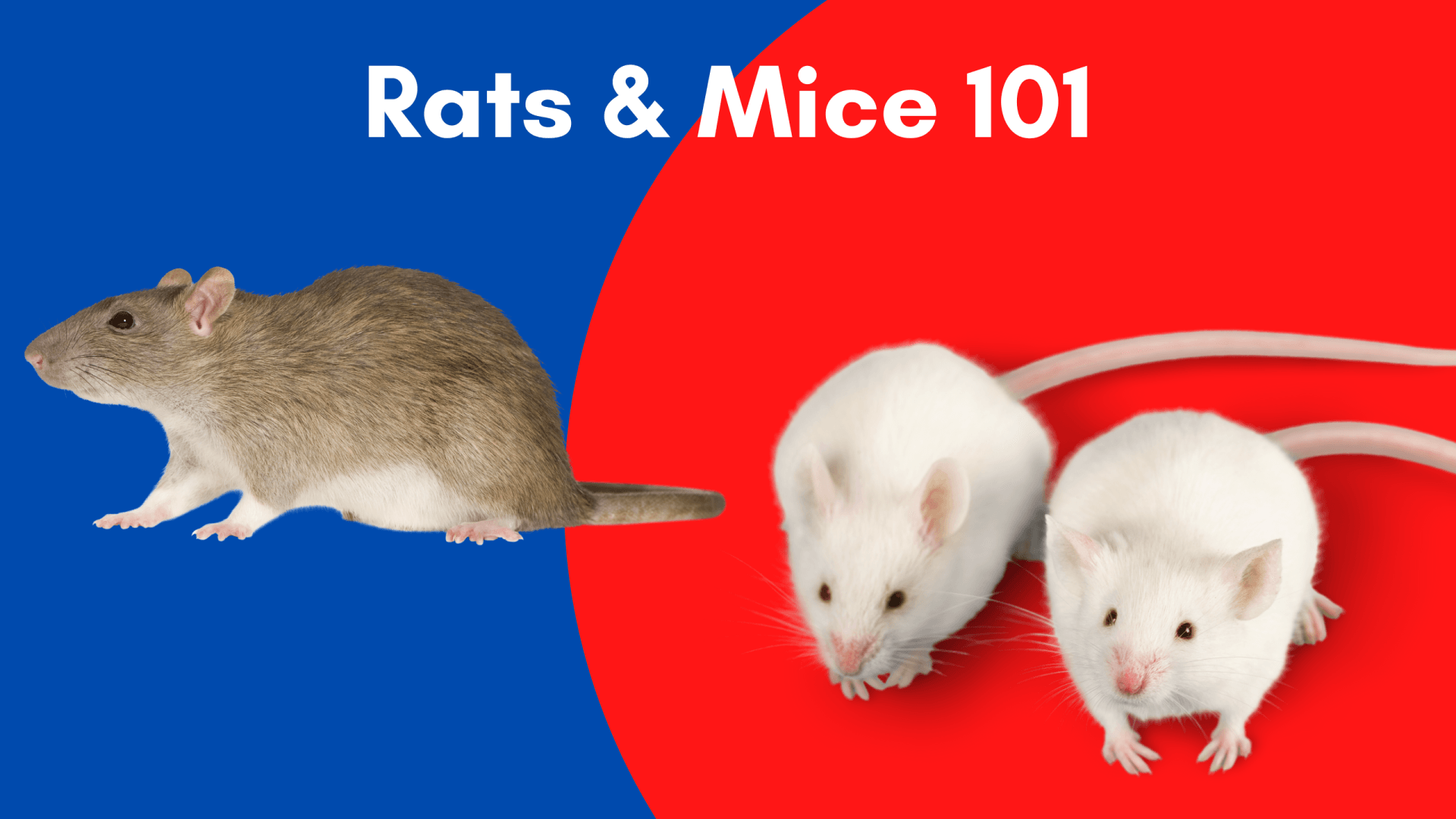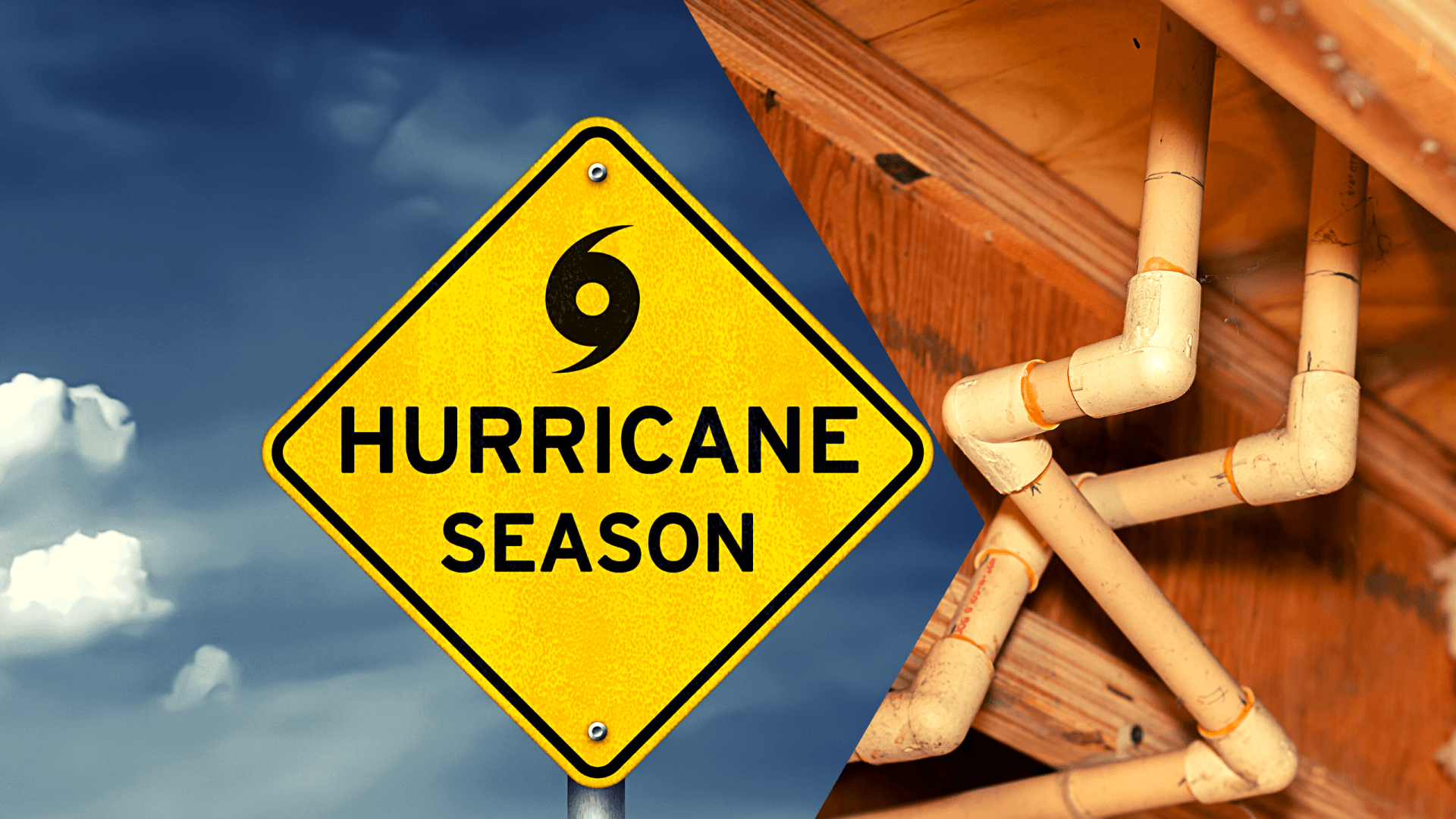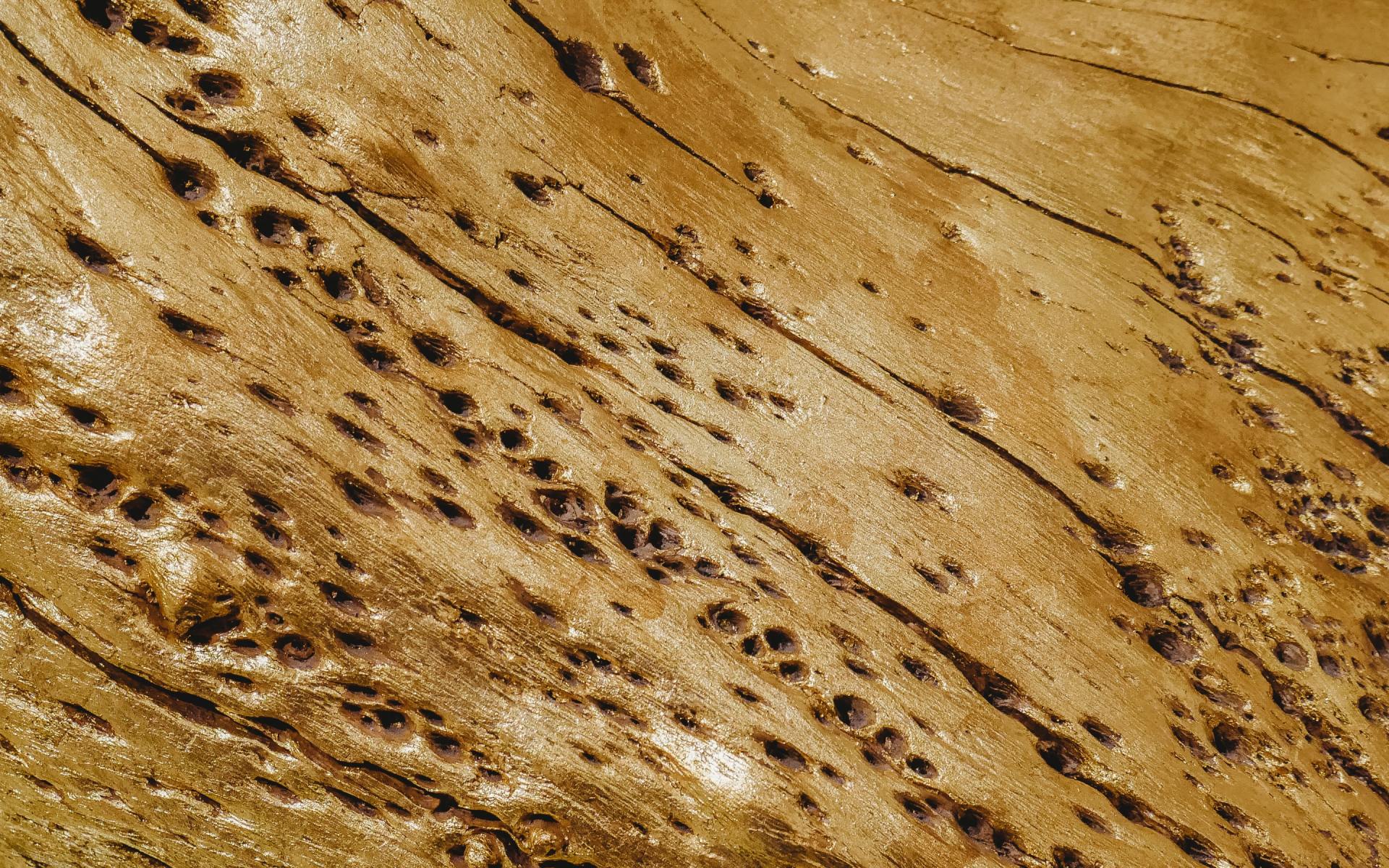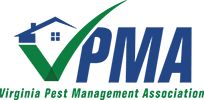Pest Control & the Bee Population
This is a subtitle for your new post
Many people are uncomfortable around or afraid of bees, and many are also allergic to a bee’s sting, which can be very dangerous and even deadly if they are inadvertently stung and suffer a severe anaphylactic reaction that requires medical treatment. It’s understandable to be nervous but bees aren’t exactly the same as many of the other pests we deal with. Honey Bees are actually an important part of our ecosystem, and their population has been in decline for years.

Why are Bees so Important to our Ecosystem?
Honey bees and other pollinators are so important to our ecosystem because they contribute significantly to our food supply. In fact, bees pollinate more than 1/3 of the world’s crops. Foods such as cucumbers, melons, squashes, pumpkins, apples, asparagus, and broccoli all require pollination in order for the plants to germinate and food to be produced. Bees help these plants grow by transferring pollen from the male part (the anther) of the flower to the female parts (the stigma). Without the help of bees and other pollinators, your Henrico VA supermarket’s produce section would have about half as much supply as you’re used to, and it would be much harder to find the fruits and vegetables you need to maintain a healthy and balanced diet.
If bees went
extinct, the effect on the global production of fruits and vegetables would just be the tip of the iceberg. The decline in levels of many pollinated plants would significantly affect the meat and dairy industries as well. Animals who eat those plants would begin to starve and die, and plants such as alfalfa, which is typically fed to dairy cows, would be in short supply. This would lead to a shortage of both meat and dairy products, and, when these things are in short supply, it means they become much more expensive. For many American households who already struggle to keep a variety of healthy food on the table, this would just create further food insecurity.
How does Pest Control Affect the Bee Population?
As previously mentioned, the bee population has been in serious decline for years. There are many factors contributing to the rapid and unsettling decline of the bee population, including habitat loss, climate change, and disease.
How does pest control come into the equation? Well, pesticides such as imidacloprid can harm bees both when they’re in the larvae stage and when they’re adults. According to a
recent study, when bees consumed pesticide-contaminated pollen and nectar as larvae, it led to them laying fewer eggs. When that pesticide exposure was coupled with the bees collecting pesticide-laden pollen from flowers as adults, they laid even less eggs. Over two generations, this kind of pesticide exposure can deplete bee fertility by as much as 75%, contributing to the further demise of these important pollinators.
What Can We Do to Save the Bees?
Now that you know how important the bee population is to our ecosystem both here in Virginia and worldwide, you’re probably wondering what we can do to help save the bees. At U.S. Pest Control, this is a priority for us as well. An important part of IPM (Integrated Pest Management) is understanding that not all insects that are perceived as pests actually are, and bees are a great example of that.
According to the
University of Georgia, there are steps that can be taken in regards to pest control that will help protect the dwindling bee population and prevent further decline:
- Apply pesticides later in the day if possible – Bees’ daily routine is not so different from ours. Bees go out foraging during the day when it’s warm outside (that’s their equivalent of going to work), and, as it cools down, they return home to their hives for the evening. By applying pesticides later in the day, we can significantly reduce the risk of harm to the bees while still providing effective bee control to keep you and your family safe.
- Choose the appropriate formulation – Pesticides come in several different formulations, including dusts (D), wettable powders (WP), soluble powders (SP), emulsifiable concentrates (EC), solutions (LS), and granulars (G). Of these, the safest ones to use in order to protect the bee population from further demise are solutions, emulsifiable concentrates, and granulars. It is not recommended to use dusts or wettable powders because they will cling to the tiny hairs on honey bees and be transferred back to the hive, which can cause an entire colony to collapse.
- Use safer pesticides that degrade more quickly – Modern pesticides have a faster residual time compared to their predecessors, meaning that they only take a few hours to degrade rather than days or weeks. U.S. Pest Control is proud to use the most eco-friendly products available so that our treatments are not only effective but safe for you, your family, your pets, and the planet.
Now that you know how important bees are to our ecosystem, you can understand why bees are not a pest that we want to eliminate completely. They are our friends, working every day to help us produce food for our families. The dangers of being stung can be mitigated while also protecting these crucial pollinators. If you’re seeing a lot of bee activity that is causing danger to you or your family, contact U.S. Pest Control for eco-friendly and affordable
bee control service in Henrico VA and surrounding areas.













